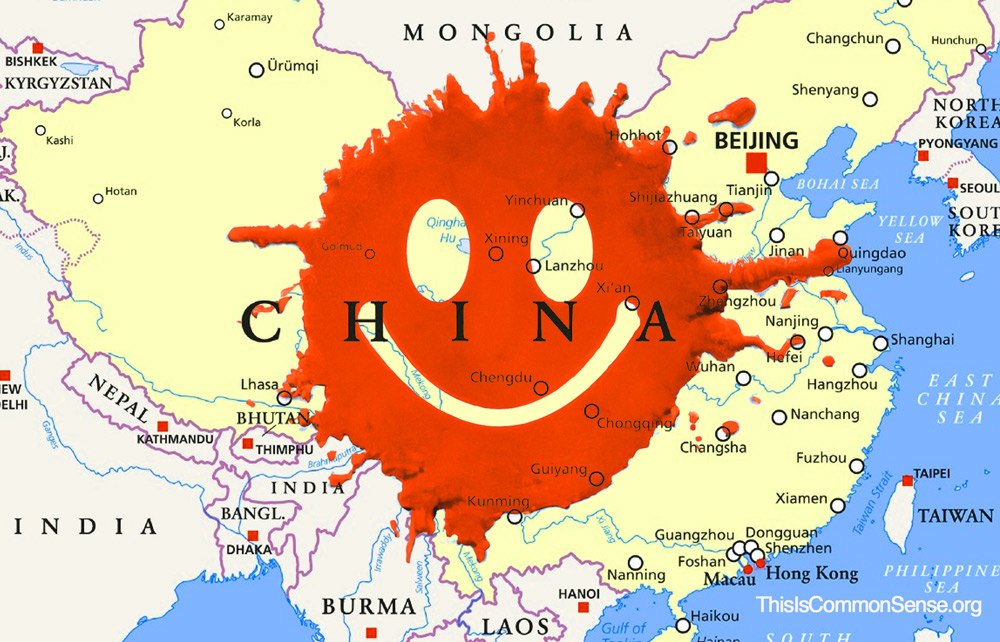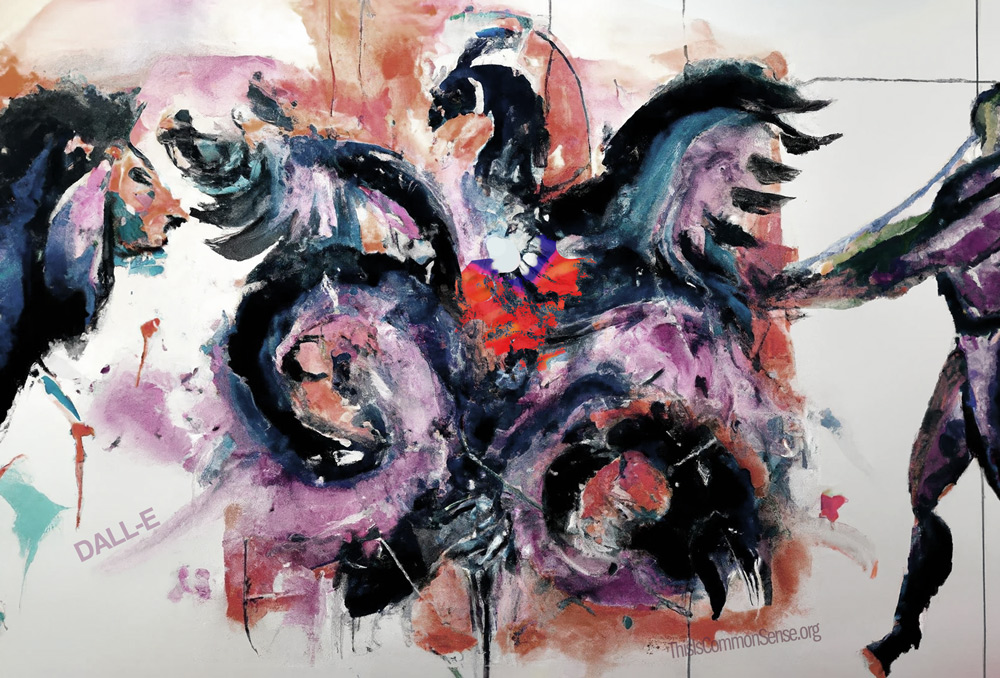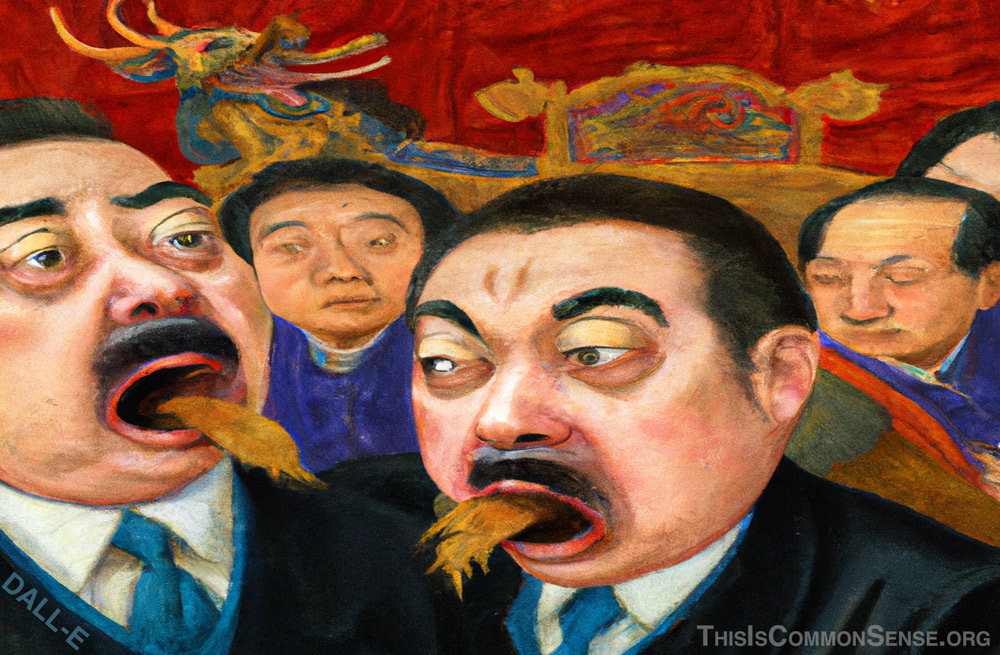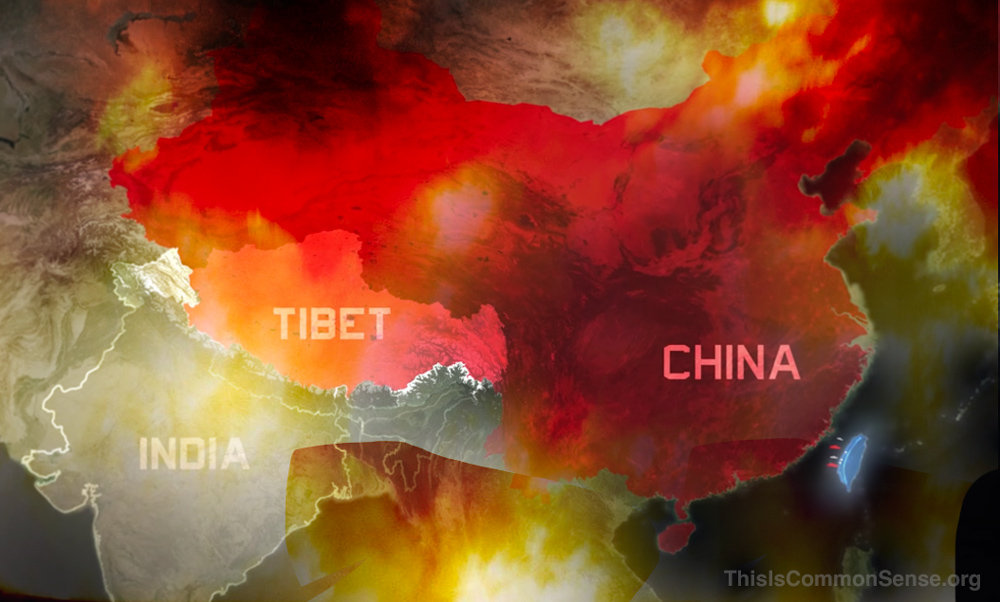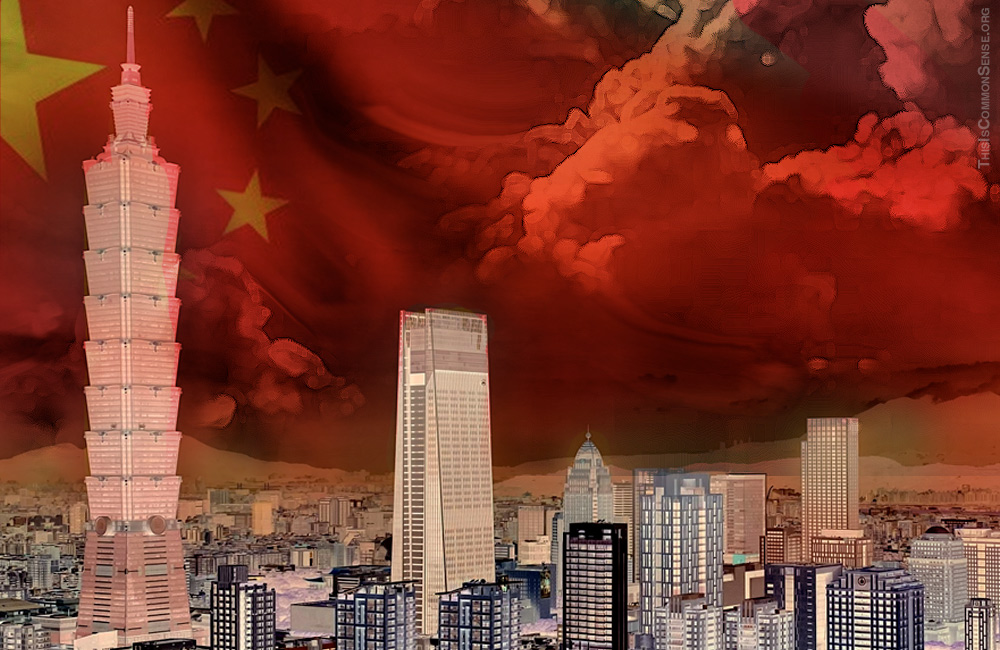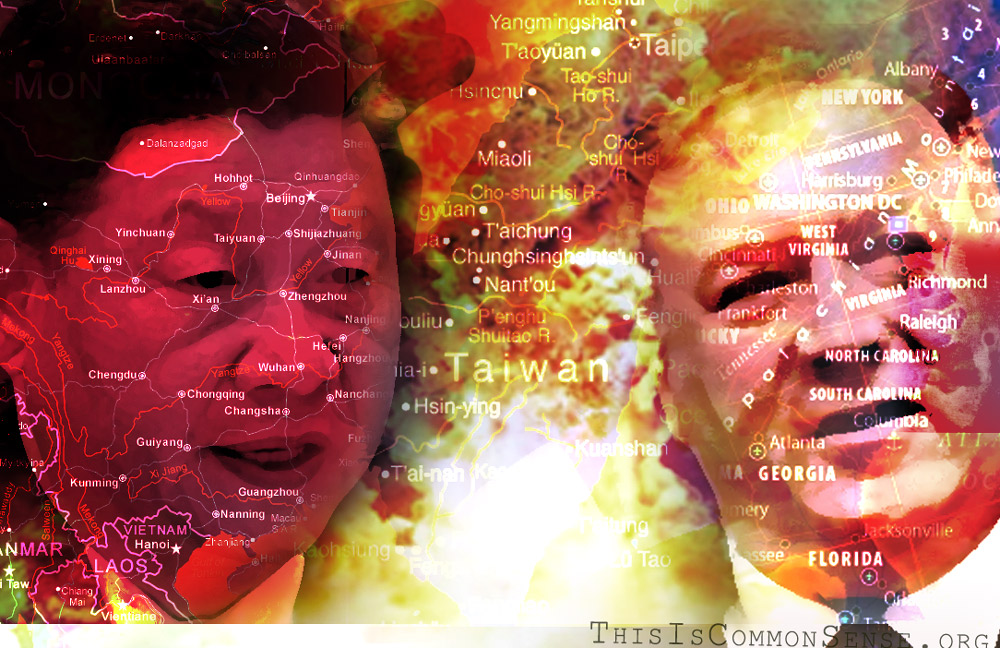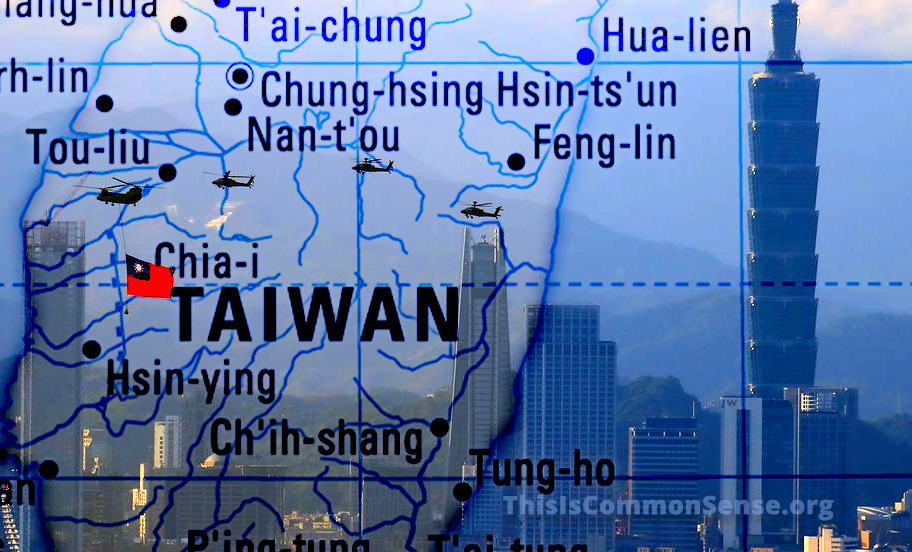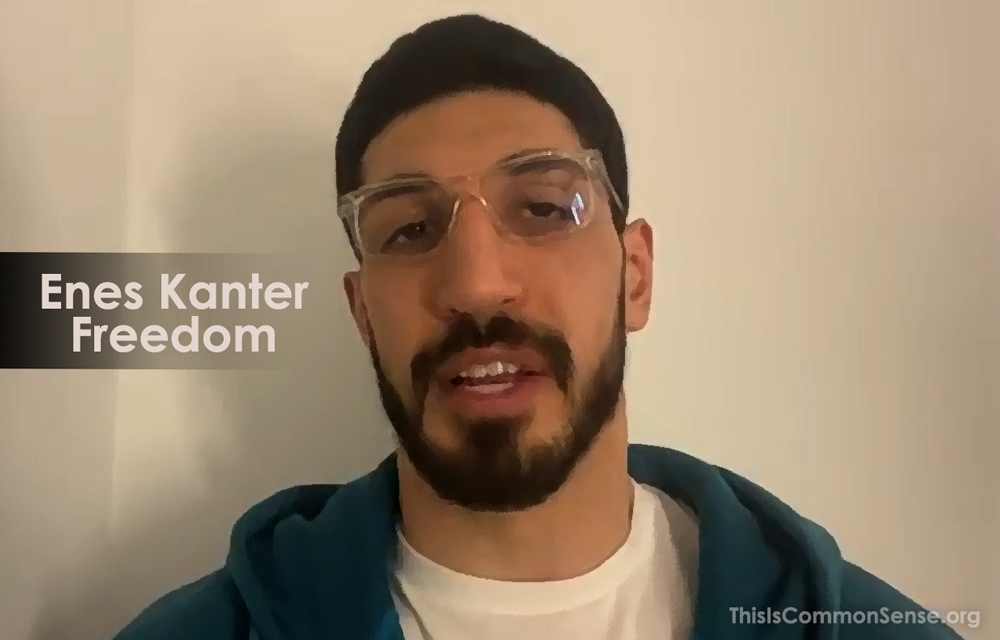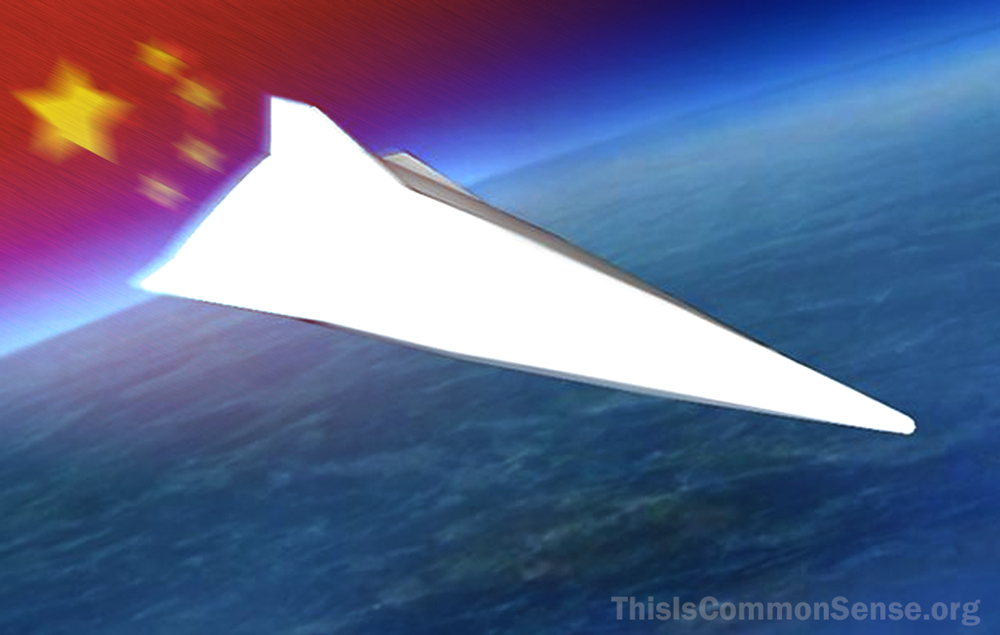Elon Musk, the world’s richest person, has often been lauded in this commentary — regarding SpaceX and the growth of private space travel, and recently for providing crucial internet access through his company’s Starlink satellites first to Ukraine and now for Iranian protesters.
I like that.
But the Chinese Communist Party (CCP) doesn’t like it at all. As Musk acknowledged last week in an interview with the Financial Times (FT), explaining that Chinese rulers wanted “assurances” he would not provide Starlink internet to the 1.4 billion people they actively repress.
With a Tesla plant in Shanghai, Musk is much more vulnerable to the dictates of Xi Jinping and the CCP than he is to Vladimir Putin or Iran’s Ayatollah.
“Tesla, though headquartered in the U.S.,” Forbes notes, “made about half of its cars last year in mainland China, the world’s largest auto market.”
Which amounts to an awful lot of leverage.
In that same FT interview, Musk floated a “solution” to the tensions between China, which threatens a military attack that might kill millions, and its target Taiwan, which overwhelmingly favors a war of resistance to CCP takeover and threatened re-education.
“My recommendation,” the usually innovative businessman told FT, “would be to figure out a special administrative zone for Taiwan [under China’s authority] that is reasonably palatable,” adding, “it’s possible, and I think probably, in fact, that they could have an arrangement that’s more lenient than Hong Kong.”
While the Chinese ambassador to the U.S. thanked Elon Musk for his idea, a senior Taiwanese official reminded, “The world has seen clearly what happened to Hong Kong.”
Does this brilliant businessman really think that the promise of a more “lenient” totalitarianism is any kind of solution?
This is Common Sense. I’m Paul Jacob.
See all recent commentary
(simplified and organized)
See recent popular posts
